“`html
A Lost Opportunity: The Christianization of China Before It Was Too Late
The world we live in today would look remarkably different if Christianity had successfully penetrated the *heart and mind* of the Chinese nation over four hundred years ago! A golden opportunity slipped away through the fingers of the Church due to a petty doctrinal spat. This moment in history, known as the Chinese moment, could have been a turning point, led by the extraordinary Jesuit missionary, Matteo Ricci.
Matteo Ricci: A Man of Wisdom on a Mission
Matteo Ricci, born in 1550 in Macerata, Italy, was far more than just another missionary. He was a prodigy, a man imbued with the profoundest knowledge of science, mathematics, and geography. Chosen by the Society of Jesus, Ricci’s mission was nothing less than to mirror the successes of European *missionaries* in places like Japan…except in the *forbidden* land of China!
A Daring Quest to Impress the Chinese Leaders
Ricci set sail with a vision—to wow the Chinese hierarchy with Western advancements that would make them question their own view of the universe. Armed with a glass prism that revealed the beauty of light, a mechanical clock that told time, and a precious world map, he sought to unveil the reality of a world beyond their own! Can you imagine the shock and awe among Emperor Wanli and his court when confronted with the enormity of the world?
Navigating Cultural Obstacles
As Ricci delved deeper into Chinese culture, he realized that pushing Christianity onto these people without respecting their ancient traditions would be futile. He began dressing in traditional Chinese garb and fluently mastered Mandarin, adopting the name *Li Madou*, which meant ‘Matteo’s benefit’—what a clever disguise! It was shocking how quickly he adapted, seeming less like a foreigner and more like a *Confucian sage*.
The Pivot Towards Acceptance
Ricci understood that Christianity could not thrive without adapting to the rich textures of Confucianism. He urged the Church to soften its stance and allow new Chinese Christians to honor their ancestors—a strategy that initially garnered approval in Rome — but dissatisfaction brewed among his rivals. Soon, accusations of idolatry against Ricci and fellow Jesuits led to a crushing controversy of rites.
With the final verdict declaring Chinese rites as *idolatry*, the door to Christianity swiftly closed, leading to centuries of complications. The new Qing Dynasty emperors made sure of this, relegating Christianity to the shadows of history—until intervention by colonial forces a century later!
The Vatican’s Modern Struggle with China
Fast forward to the 20th century—the rise of communism brought new challenges, with Christianity branded a foreign *colonial religion*! Yet, the Vatican hasn’t given up. The *legendary* figure of Matteo Ricci is now being reexamined, as the current Pope seeks to negotiate a brand-new status for Catholicism in China. However, they are treading carefully under the watch of Xi Jinping, whose government holds final say over bishops!
“It’s astonishing to see how the Catholic Church is navigating political landmines in search of entry into the Chinese sphere!”
Unraveling the Hidden Pact with China: What Lies Ahead?
Recent secret agreements between the Vatican and the Chinese Communist Party have sparked outrage from conservative factions within the Church and anger in Washington. The Catholic Church has its sights set on Asia, while the US government closely monitors the situation, painfully aware of its significance in the new world order!
The power struggles in China reveal that Confucianism is being subtly resurrected, with the Communist Party employing its ancient wisdom to bolster their grip, while globally, nations realign their ideologies and ambitions.
The ball is now in the court of the Catholic Church to redefine its role in this complicated new world. The hidden pact with China looms large over the conclave discussions!
“`



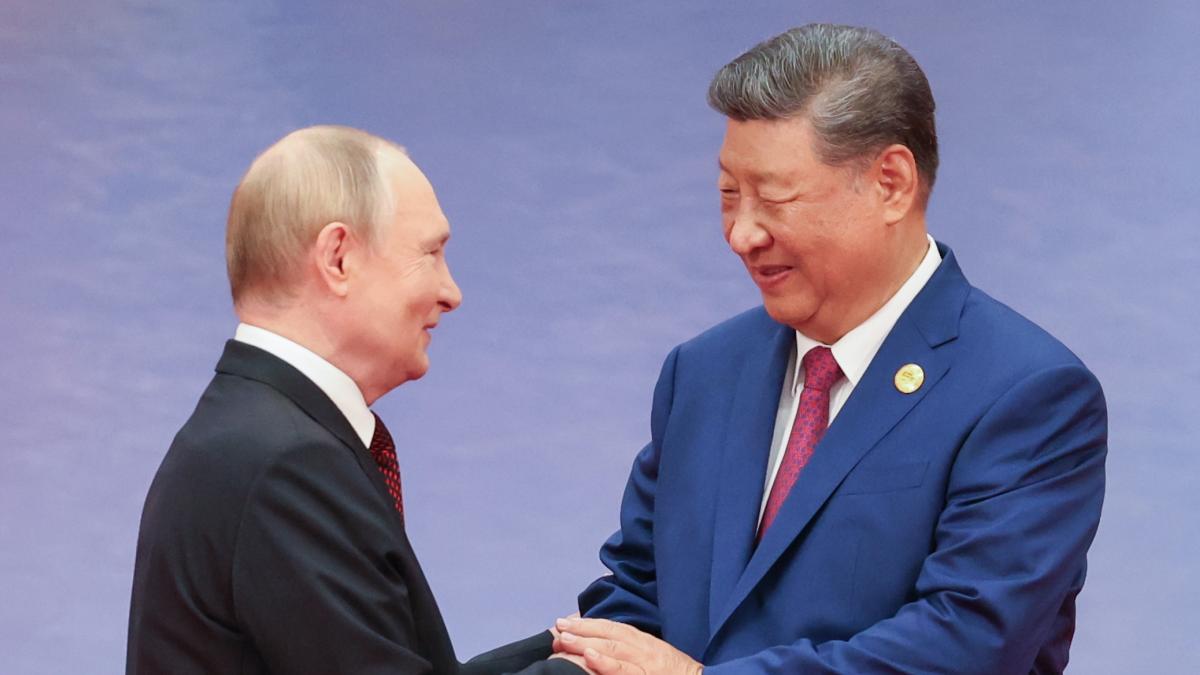


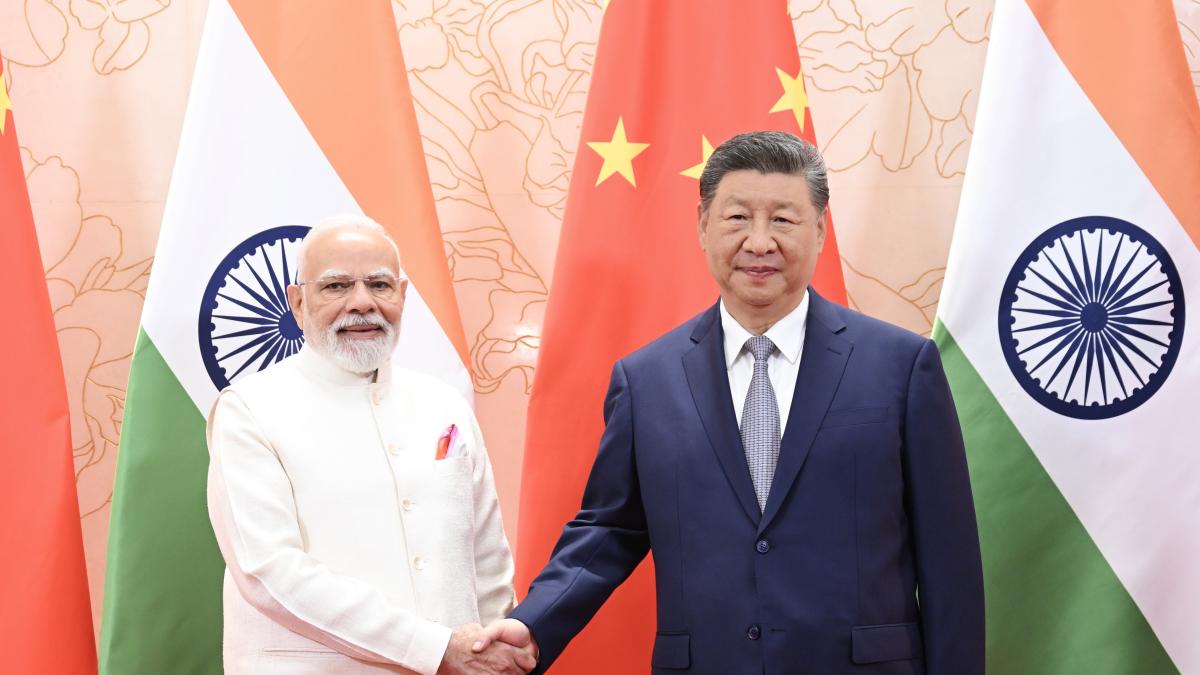
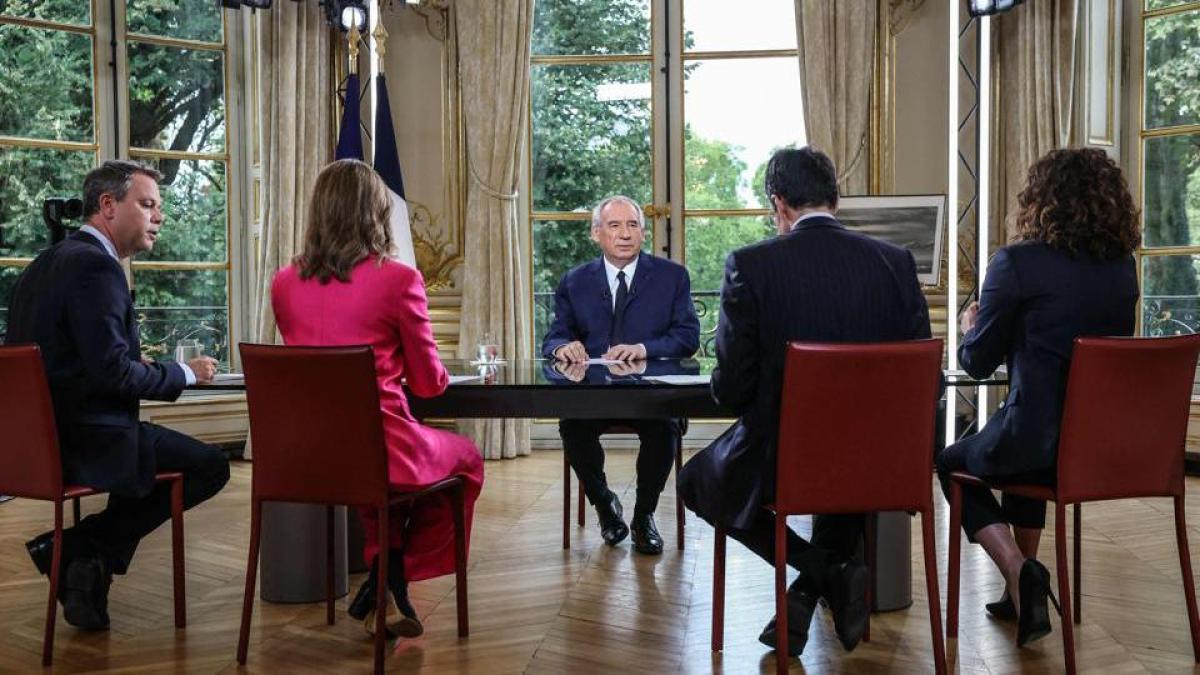
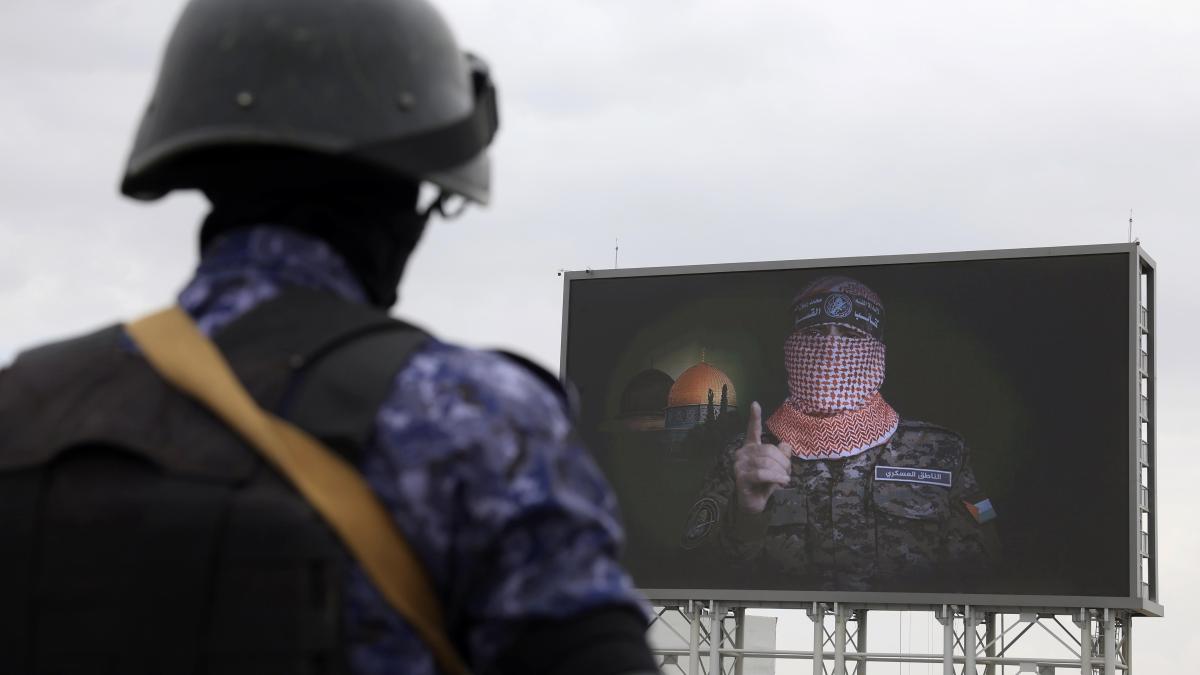

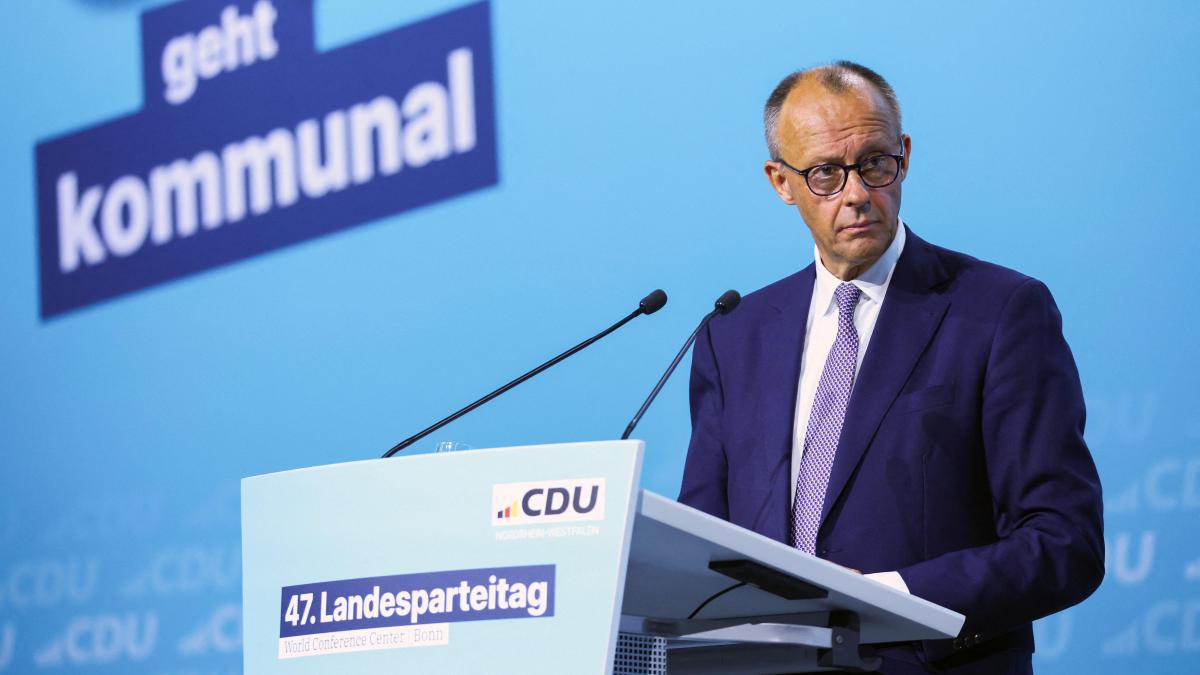
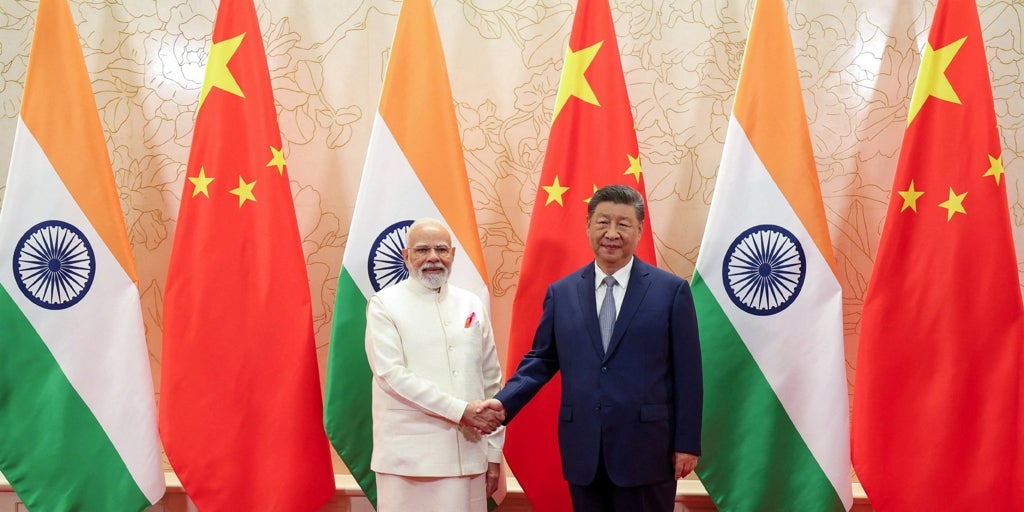
Leave a Reply